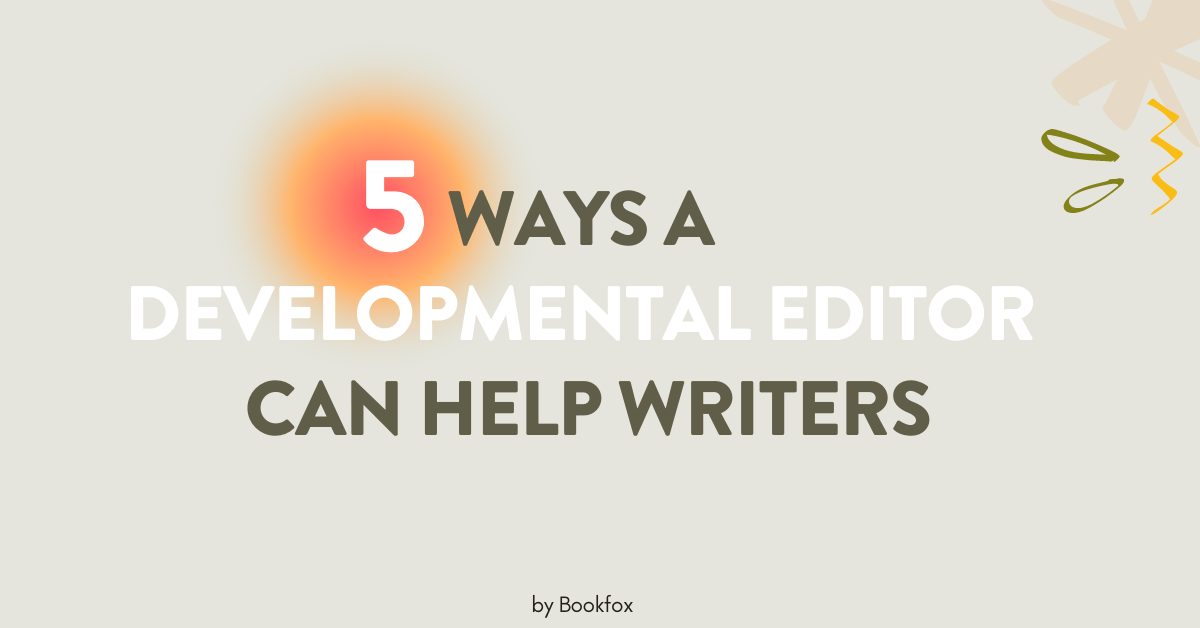
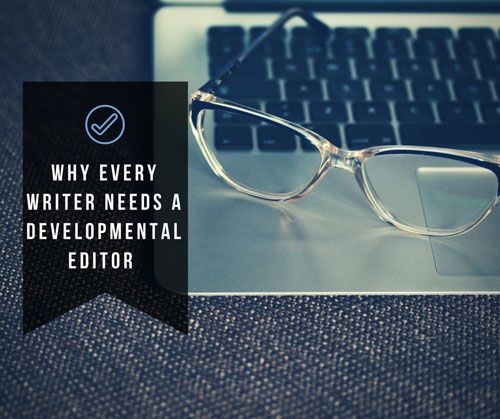 In the golden days of publishing, every writer got a developmental editor.
In the golden days of publishing, every writer got a developmental editor.
Not anymore.
Editors today are inundated with manuscripts and are looking for manuscripts that require little polishing.
Every publishing house still employs proofreaders, to ensure the text is free of glaring errors, but many books are published without the insight of a developmental editor. If a manuscript needs extra work, most editors will suggest hiring a freelance editor.
What’s the difference between a copy editor and a developmental editor? Glad you asked.
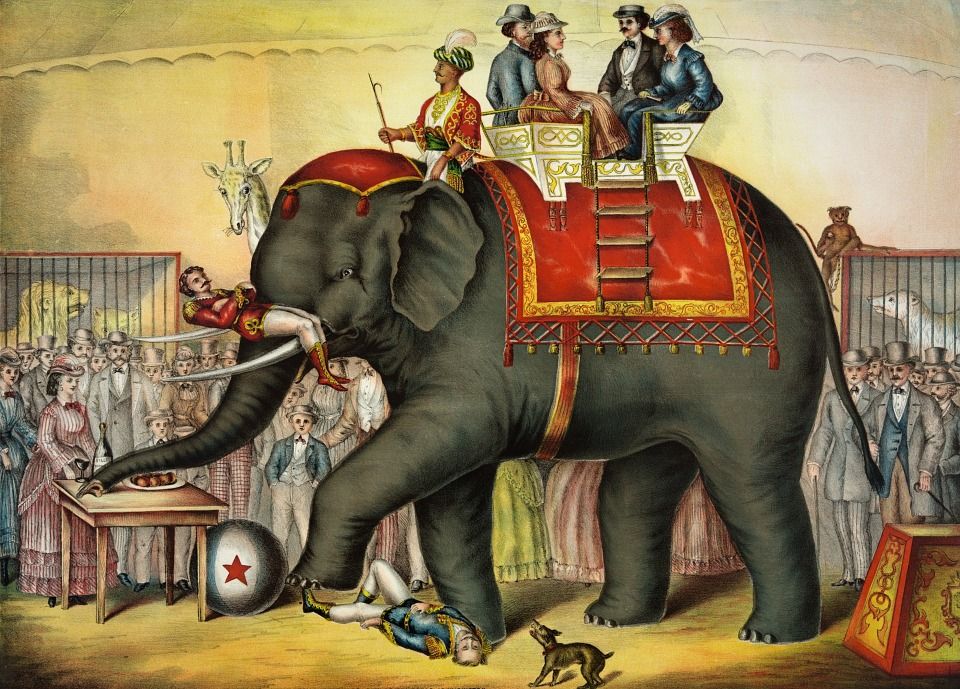 Imagine a circus.
Imagine a circus.
A copyeditor would be the carnie who polishes the trapeze bar, cuts the toenails on the elephant, and adds a bowtie on the clown.
A developmental editor would be the ringleader who suggests a new move for the trapeze artists (double backflip!), moves the elephants to better lighting, and fires the clown.
Now don’t get me wrong: both types of editors are important. But while writers are often decent at editing themselves on a copyediting level, they are often blind to the type of big-picture changes that a ringleader can suggest.
Official Definition: A developmental editor guides you through a deep revision of your book, helping you to improve it from the ground up.
Let me give you 5 ways this kind of editor can help writers, so you can get a better idea of what you would get with this kind of editing services.
1. Developmental Editors help you reshape your book
 Your book makes sense to you. It makes sense because you wrote it. But will it make sense to thousands (millions? *fingers crossed*) of readers?
Your book makes sense to you. It makes sense because you wrote it. But will it make sense to thousands (millions? *fingers crossed*) of readers?
A developmental editor is a stand-in for your future readers. A kind of expert test reader who will help you with clarity, and often that requires a reshaping of the book. This means thinking deeply about the structure of the book and improving that structure.
Here’s what it looks like to reshape a book:
- You might need to cut a chapter.
I know you love the chapter, I know you slaved over it for 2 months, but sometimes it has to go to speed up the story. Readers are not patient.
- You might need to eliminate a character.
Writers rarely have too few characters. The usual mistake is to include too many. Most of the time, a minor characters needs to be cut.
- You might need to move some chapters around.
Maybe your story isn’t best told in strict chronological order. Maybe it’s better to start at the end and then go to the beginning, or to start in the middle.
- You might need to start later in the book.
This is the most frequent advice I give to writers. Writers start too slow, and I have to tell them that the actual beginning of their book is on page 3, or page 5, or even (rarely, but it happens) on page 40.
2. Developmental editors help you write your next book
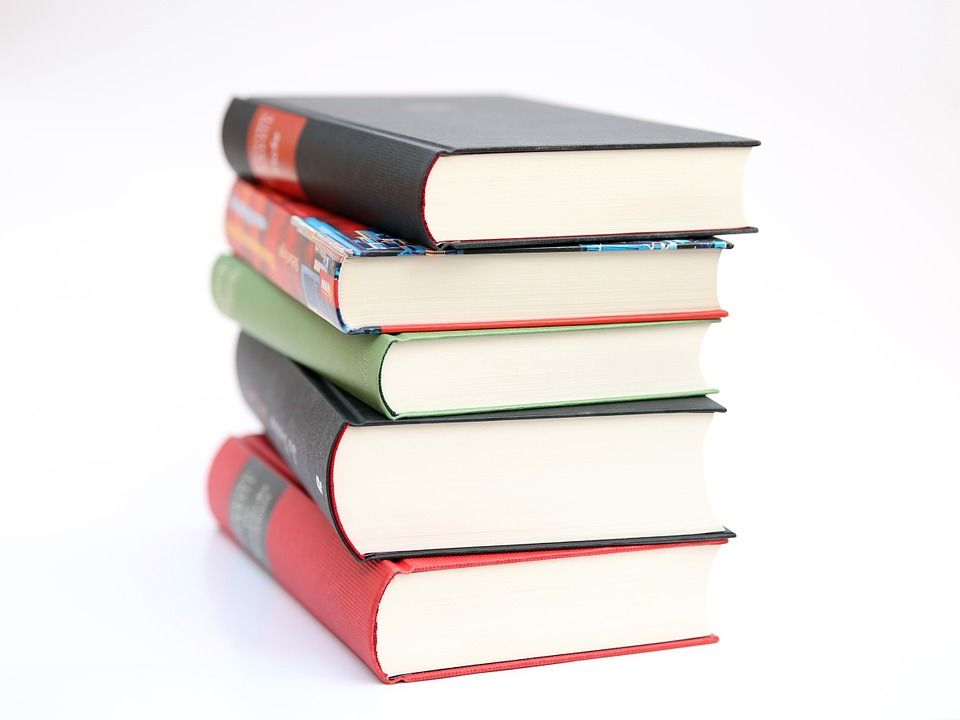 The type of advice that these editors give isn’t limited to the book they’re editing. You can apply it to your next 10 books.
The type of advice that these editors give isn’t limited to the book they’re editing. You can apply it to your next 10 books.
Think of this type of editing as a master course in how to write. You’ll learn about all sorts of narrative structures, characterization techniques, your strengths and weaknesses as a writer, and tricks about pacing and dialogue that will prove useful for your entire career.
Some writers have emailed me years after I edited them to tell me that they still remember and use a few tricks I taught them when editing their early manuscripts.
3. Developmental Editors help you situate your book in the marketplace
 Clients say: I’m writing a Romance/Literary/Mystery. Right? Right?
Clients say: I’m writing a Romance/Literary/Mystery. Right? Right?
But they’re often mistaken about their genre.
I’ve edited clients who believe they are writing a children’s picture book, but are actually writing a Middle Grade Novel. That’s a big difference, folks.
You better have the right term when researching agents, publishers, or even when self-publishing (because you have to know how to market the book).
I’d had clients who thought they were writing romance but it was actually erotica, clients who thought they were writing fantasy who were actually writing sci-fi, clients writing parables when they wanted to write a story, and clients trying to write short stories who were actually writing novellas.
Getting the genre wrong is a surefire way to miss out on a traditional publisher and agent, and to fail to market your self-published book properly.
4. Developmental editors teach you your strengths and weaknesses
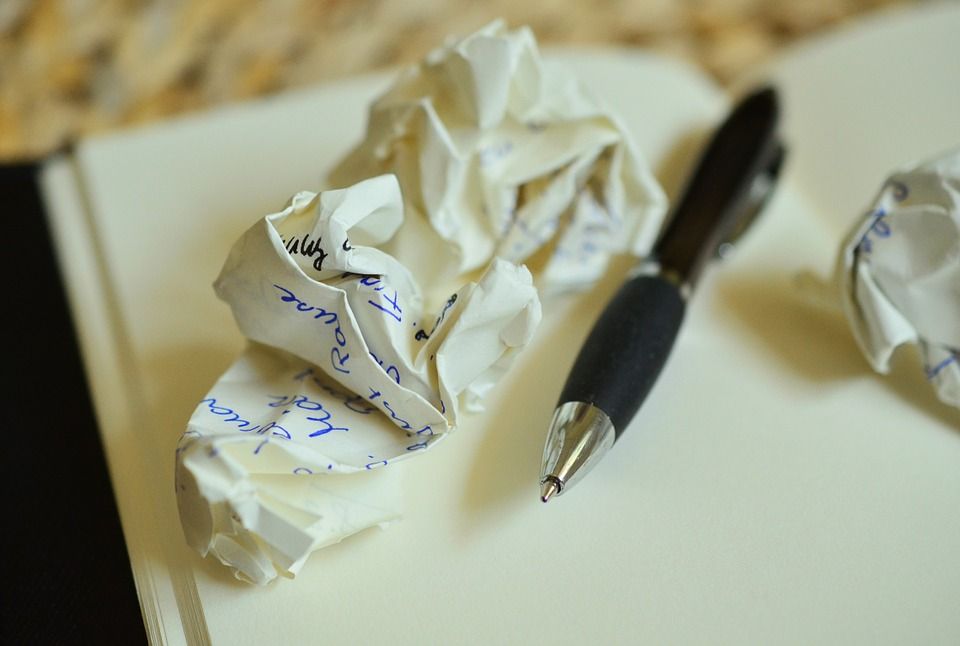 Knowing your strengths and weaknesses is essential for developing as a writer. If you don’t know what you need to improve on, and you don’t know what you should emphasize in your writing, you are more likely to coast along without improvement.
Knowing your strengths and weaknesses is essential for developing as a writer. If you don’t know what you need to improve on, and you don’t know what you should emphasize in your writing, you are more likely to coast along without improvement.
The two most common weaknesses I see:
1. Dialogue
Even when someone can write a mean sentence, it doesn’t mean they can write a snappy retort. Dialogue is an art form unto itself, but few writers respect that art form enough to have mastered it. It seems like many writers pay attention to this technique last, if at all.
2. Pacing
Most writers don’t think about this because it’s not a concrete idea, not like characterization or plotting. But pacing is probably one of the main problems in book manuscripts. The pacing is often too slow, although I’ve seen plenty that are too fast in the wrong places.
It’s just as helpful for writers to learn their strengths. Sure, you think you’re good at X, but what if a developmental editor told you that your true strength was Y? You could steer your future stories toward that strength and capitalize on it.
One common strength some writers overlook is the ability to title. It’s hard to come up with a good title! And some writers are fantastic at it. It’s so important because it’s the first thing any reader will see, even before that first line you worked so hard on.
5. What doesn’t a developmental editor do?
 They don’t do line edits.
They don’t do line edits.
So no correction of grammar and punctuation. That’s because it doesn’t make sense to correct all the small things when you’re going to make significant changes to the text.
- They don’t give vague advice.
There’s no sense in saying “This didn’t work for me.” That’s far too vague.
There’s no sense in saying “This book is too long.” Well, books can be all kinds of lengths. One length might be more marketable than another, but the most important thing is that each book should be the right length for itself.
Overall, there should be specific, actionable, concrete plans to improve the book.
- They aren’t a ghostwriter.
Editors don’t write things for you. They react to your writing. If you have a book you want someone to write, hire a ghostwriter.
But an editor should be able to show you a sample of what they’re asking for, in order to point you in the right direction.
Common Questions about Developmental Editing
 Is this type of editing necessary for both nonfiction and fiction?
Is this type of editing necessary for both nonfiction and fiction?
Yes! In nonfiction and memoirs, these editors will help you with clarity, organization, tone, consistency, and knowledge of the subject matter (suggesting relevant books). In fiction, they work on many of those same categories, but also plot, characterization, pacing, dialogue, etc.
Should I give a writing credit to my editor?
No. This type of editor, like other editors, works in the shadows rather than the limelight. There’s no need to give writing credit to them (although a thank you in the acknowledgments never hurts!).
What should I tell my editor about my book?
- You should tell them whether it’s been edited before.
- You should tell them how many drafts you’ve written before this one.
- You should tell them what sections/topics you’ve struggled with, and how you’re trying to position the book in the marketplace.
- You should ask them any questions you have.
- You should tell them your goal for the book: do you want it to sell a bazillion copies, or serve as a memory bank for your grandchildren, or be a huge help to a small segment of society?
Does this type of editor change things or ask me to change them?
Mostly the latter. They will tell you the problem and ask you to fix it. Every once in a while, though, they’ll give you an example of how they’re asking you to fix it. Certainly with smaller things, a developmental editor will change things, but mostly we’re working with big-picture things, which the writer will have to rewrite.
Do I hire a developmental editor before or after I write a book?
You can do either. Some writers hire them beforehand to save time. A good editor can save a writer hundreds of hours of missteps and rabbit trails, simply by pointing them in the right direction and giving them a good map of the book.
But most of the writers I work with have already written a manuscript and are looking for advice on how to improve it.
How can I hire a good developmental editor?
If you want to hire someone who has a decade of experience in the field and has worked with hundreds of professional writers, consider hiring me.
Otherwise, make sure to hire an editor with experience in the field. Also, make sure to hire someone you’ll be able to work with (and take criticism from!).
If you have any questions about editing services, please leave them in the comments and I’ll answer them.
Also, if you have any broader questions about book editing, please ask.
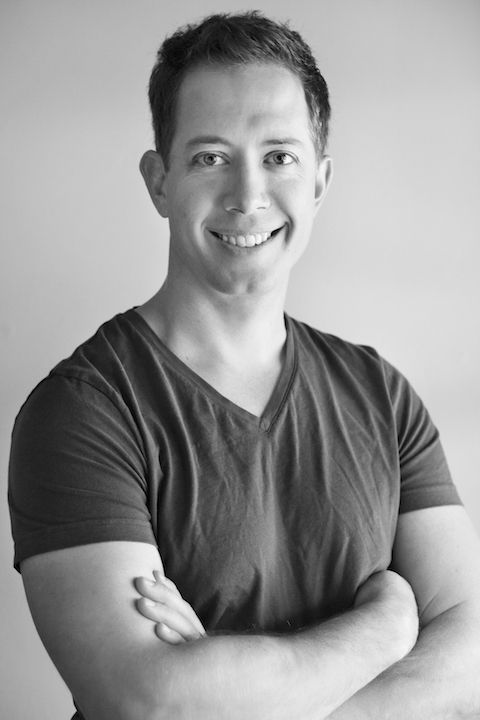
John Fox has been editing books for the last decade, splitting his time between clients publishing with traditional publishers and self-publishing clients. He has two master’s degrees in creative writing, from New York University and the University of Southern California, and has taught writing for five universities across California.
For more information on how he edits books, read his book editor page.

5 comments
Hi John,
Emails like yours, really excite aspiring writers like me. Thanks.
I would love nothing more than to have an editor like you do a developmental edit on my book. I live in South Africa and our exchange rate is insane. Maybe, soon, I’ll be able to send one of my books for a developmental edit.
In the meantime… keep up the good work.
Kind regards & Blessings,
Drean
Hey John–
Attempting to write both a literary and genre novel. Lit and airport. So, there are certain complexities. Would like some feedback on intro chapter. How many pages would you need to read to know if I’m on the right track, and what are your fees?
Hi Clark, Thanks for the question. Check out my developmental editing page, and yes, I do offer an option where I look at the first 5,000 words of your book and provide feedback.
Do I send a flash drive? Or paper manuscript? I have 13 chapters a r found 5000 a chapter just want to know if I’m writing right.
Hi Sarah, check out my editing page. You can see testimonials there, as well as my process and my rates.
And you would email me your manuscript as a Word attachment.